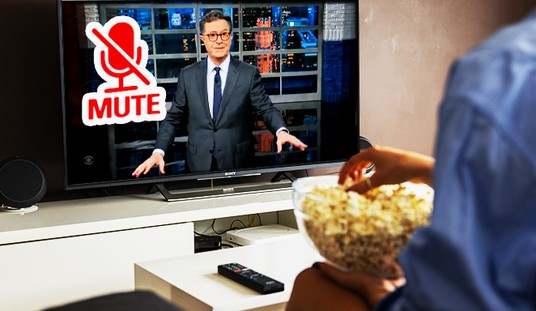Martin John Coughlan. Courtney Wainsworth Walcott. Jeffery Peter Mladenik. LTG Timothy J. Maude. These are just four of the nearly three thousand victims of terror that befell our nation on September 11, 2001. They are names few know outside their family. But they should be honored and remembered. Wednesday, the nation did stop and remember these and the other souls who met their deaths when terror flew in from the clear blue sky.
On Friday, December 7, 1984, my family headed into the recreation center of my dad’s company for lunch. For us in Dubai, it was the weekend. The center had a terrific restaurant and an Olympic sized pool. Lunch that day was Japanese tempura.
My mother was horrified. Several other moms and dads were too. By the time the head of the restaurant had gotten an earful from the adults, the tempura was pulled. All the adults had been raised to avoid Japanese food on December 7th in honor of those who died at Pearl Harbor.
An anachronism to some now — perhaps viewed as racist by others, that is how I was raised because that is how my parents and so many other adults were raised who grew up in World War II. But that tradition has faded the further we are removed from that attack.
But why should it be an anachronism? We celebrate our nation’s founding still. We mourn the dead who kept us free at Memorial Day and honor our Veterans at Veterans Day. As the clock turns to eleven in the morning on the eleventh day of the eleventh month, much of Europe goes silent still to remember the moment the guns fell silent at the end of World War I. They keep that tradition honoring an event that saw whole towns disappear after all the men who lived in them had gone to war and died.
How long is too long and why is it too long? I venture to say these events that affected our collective self should continue to be remembered. We should, each year, stop on the eleventh day of September and remember.
I was in a law firm watching a television. An accident as one tower stood with smoke pouring out became a war as, before my very eyes, a second plane flew into the second tower and word spread of the Pentagon being hit.
We all watched a few days later as the President stood above the rubble surrounded by rescue workers. A fireman in the back of the crowd shouted up to the President, “We can’t hear you.” The President yelled back, “Well, I can hear you.” People laughed. It felt good to laugh. But then the President’s demeanor changed. “I hear you, the rest of the world hears you, and the people who knocked these buildings down will hear all of us soon.”
The crowd began chanting. “USA, USA,” they roared. A nation divided only nine months before with chants of “selected not elected” suddenly stood united in horror, then anger, then with a sense of purpose.
At what point do we let those memories slide? At what point do we let slip from the grasp of our passion the bodies who flew down to their death, rather dying than being consumed by a collapsing building? I think we should not forget. I think we should ensure our children do not forget. And I think we should ensure their children do not forget.
What happened that day and after are worth remembering and the dead are worth honoring each year.














Join the conversation as a VIP Member